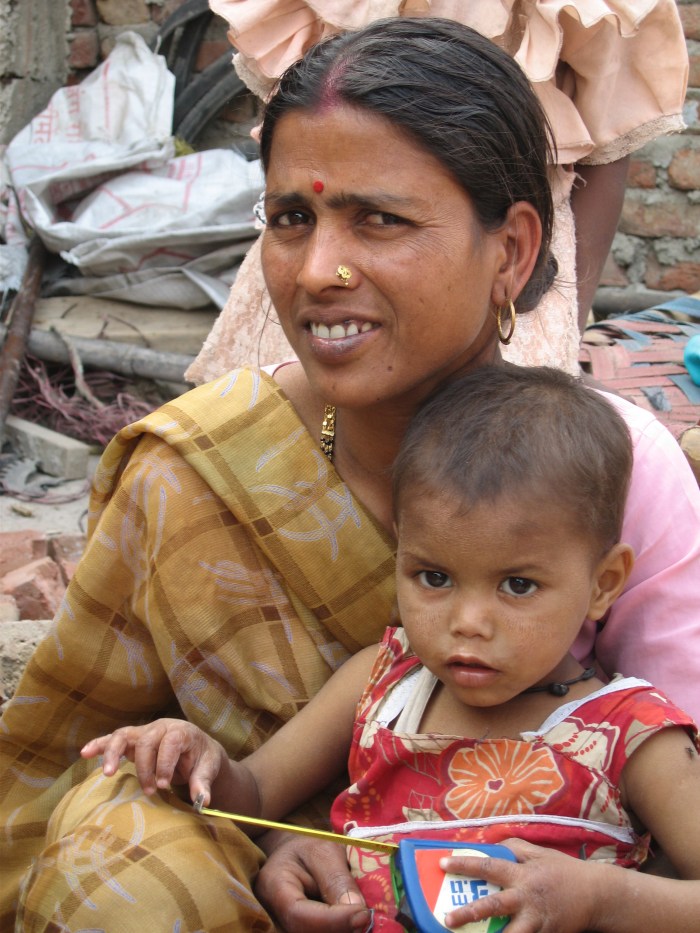Today I’d like to welcome my friend and fellow writer Mindy Shannon Phelps to “Reinventing the Event Horizon.” Mindy’s guest post is also about “sheltering,” a topic explored in yesterday’s poem and one inherent to the recovery effort here in Haiti. Mindy’s narrative negotiation of this issue–an event horizon of its own–is stunningly poised and powerfully moving. (Mindy’s bio is below and her post “She Sheltered Me” just below that. Mindy will personally respond to comments, so feel free to ask questions.)
A journalist by training, Mindy Shannon Phelps is a project management and communications specialist.
Over the past 17 years, her clients have ranged from Habitat for Humanity
International and the US Department of Justice to the FEI World Equestrian Games and the Henry Clay Center for Statesmanship, which she launched in 2007. As a consultant, she focuses primarily on not-for-profit organizations.
As a wife and mother, she says she is humbled by the grace and love of her two daughters and husband, who encourage her to “write it down.” She does write – prose and poetry – and she is an editor, as well.
Her maxim: “Woman hath no greater satisfaction than editing someone else’s copy.”
________________________________________________________________
She Sheltered Me
It was the spring of 2004 in one of the worst years – work wise – of my life. I had been hired to transform a well-known non-profit organization from an affiliate of the national group to a state-only organization. The group’s mission was completely embraceable – justice and fairness for all – but the group was hamstrung by about 60 long-time stakeholders – board members and advisors and founders – who each decided to be my boss. I also had an entrenched staff that I simply could not manage. My associate director made Machiavelli seem like a decent person.
I could not win for losing.
One morning, on the drive to work, I stopped at Starbucks and stood in line behind a very odd person. She was very colorful. A black lady whom you could immediately recognize as being from Africa or the Caribbean. Not used to the chill March weather. Bright knit cap and scarf. Bangles and rings and clothing that seemed to surround, rather than actually fit, her body. Sneakers and thick socks. Carrying a knapsack and a small pair of bongo drums, she was about to beg the barista for coffee for one dollar. Before she got to the counter, she turned around to me and told me I was a “rainbow child” and that I blessed her with my smile.
She turned to the counter and the barista refused her request.
She hurried out the door. I was troubled that I did not quickly step in and get her some coffee. But I could see that she frightened the clerk and the customers. And she, herself, was frightened. So I got my own coffee and went on my little way.
She walked across the street and I overheard her asking for directions to Main Street. I really wanted to pick her up and debated with myself through a light change, then crossed lanes and stopped and offered a ride.
We sat for a minute and chatted and she explained how she had traveled from Jamaica to live with her sister – had sold $2000 worth of jewelry that she makes – and her sister had taken her money. My passenger was headed to the Hyatt Regency downtown to stay the night. Her sister had a reservation.
You know, I like to think I at least try to take people at face value. But I’m just as shallow as they come, really. I wasn’t sure I believed this woman’s story. Making it even more difficult were comments that interspersed her narration, such as, “but, you know, I am not worried because God takes care of me. We are all His children and He loves us. I used to be a rainbow but now I am here.” I was with her on God’s love but the rainbow metaphor was beyond my ken.
Then she told me something I had always believed.
“We need to continually stay in prayer.” With that, she began reciting the Lord’s Prayer and I headed the car down the road.
When I got to Main Street, I pulled into a parking lot next to a bakery. I don’t know why I didn’t just take her all the way down to the Hyatt. It was as if I was dreaming and did not have control of the car. This is what she told me in that lot.
“God bless you. Be on your guard. Satan has demons driving on the streets today. You are under attack and you don’t know it. You need to call on Michael. Do you know Michael, the archangel? He’s my angel and he will be your angel, too. You are God’s child and He loves you. You and I will see each other soon in paradise. We’ll be so happy then!”
All of this, she repeats, several times.
I began to weep because she touched something I didn’t know needed comforting. My heart.
The lady from Jamaica had blessed me and she was of God; that I knew. And I think God was there in the car with us and so was Michael, the archangel.
Before she got out of the car, I fished into my wallet and gave her a fifty-dollar bill. It was my two-week “allowance.” I felt as if I were giving it to God.
She cried when I handed it to her.
I never saw her again.

